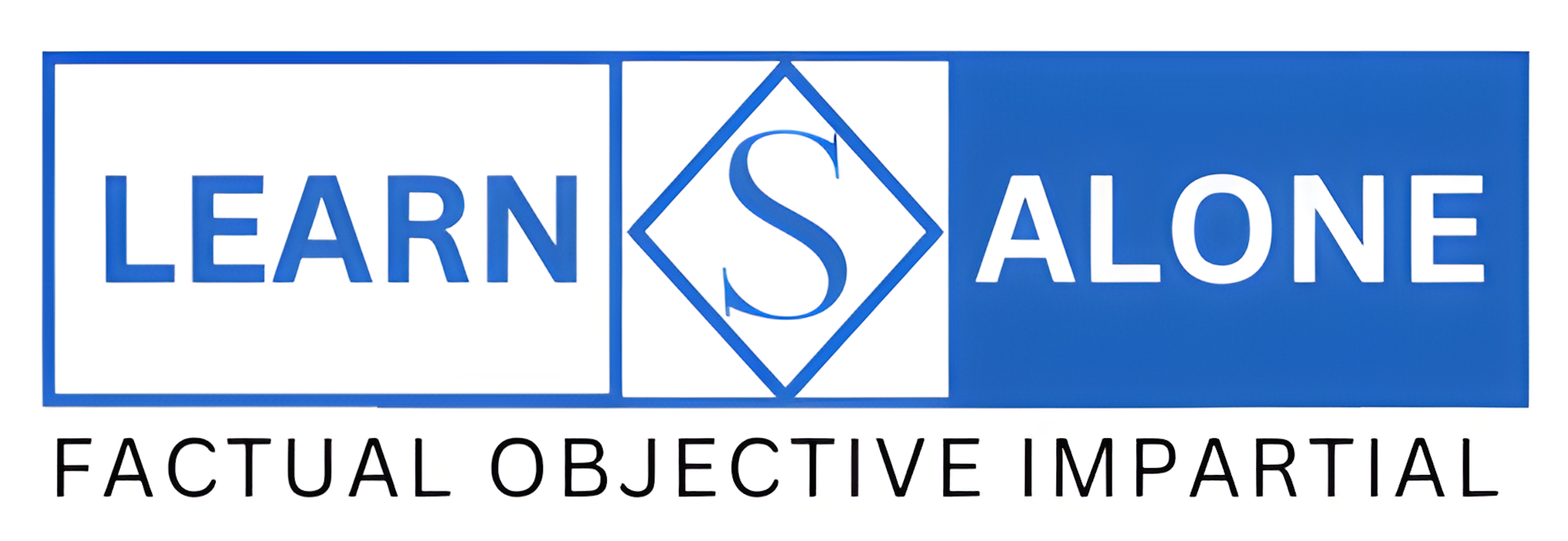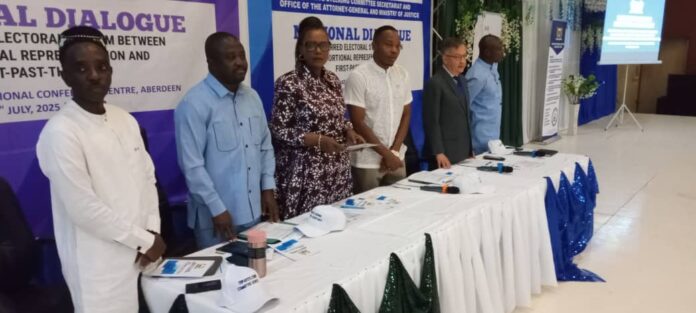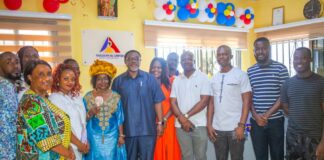Sierra Leone took a decisive step toward electoral reform on Thursday, as over 500 citizens, political stakeholders, and development partners gathered at the Bintumani Conference Center in Freetown to engage in a national dialogue on the country’s preferred electoral system.
The high-level event, organized by the Tripartite Steering Committee Secretariat and the Office of the Attorney-General, marked a major milestone in implementing Recommendation 78 of the Tripartite Committee Report. It aimed to facilitate broad-based consultations on the voting system that best reflects the country’s political realities and fosters national unity.
Chief Minister Dr. David Moinina Sengeh, addressing the forum, said Sierra Leone is “at a crossroads,” describing the dialogue as pivotal in “redefining its political, legislative, and electoral history.” He emphasized the government’s commitment to building an electoral governance system that upholds international standards while responding to the aspirations of Sierra Leoneans.
Dr. Sengeh, who acknowledged various segments of the audience including persons with disabilities, youth, and political actors, expressed optimism following a recent meeting with President Julius Maada Bio. He disclosed that under the Unity Agreement, opposition Members of Parliament and councillors who boycotted office duties after the 2023 elections would now receive their salaries—a move he described as a signal of national reconciliation and progress.
The United Nations Resident Coordinator and the European Union Ambassador both underscored the importance of fostering societal cohesion through electoral systems rooted in Sierra Leone’s cultural and political identity.
Participants at the dialogue included representatives from the Sierra Leone People’s Party (SLPP), All People’s Congress (APC), All Political Parties Association (APPA), and the Council of Paramount Chiefs. Position papers presented during the session analyzed the historical use of Proportional Representation (PR) and First-Past-the-Post (FPTP) systems in elections held between 1996 and 2023, offering perspectives on which model would best serve the country.
The national dialogue followed a series of regional consultations conducted in the provinces and Western Area, and built upon earlier technical discussions held in Freetown. These engagements formed the groundwork for Thursday’s deliberations, which saw wide-ranging contributions from political parties, traditional authorities, civil society, and citizens.
The event was funded by the Government of Sierra Leone and the European Union through International IDEA, reinforcing international support for democratic consolidation and inclusive governance in the country.
The outcome of the dialogue is expected to shape the future of Sierra Leone’s electoral framework ahead of the next election cycle.



